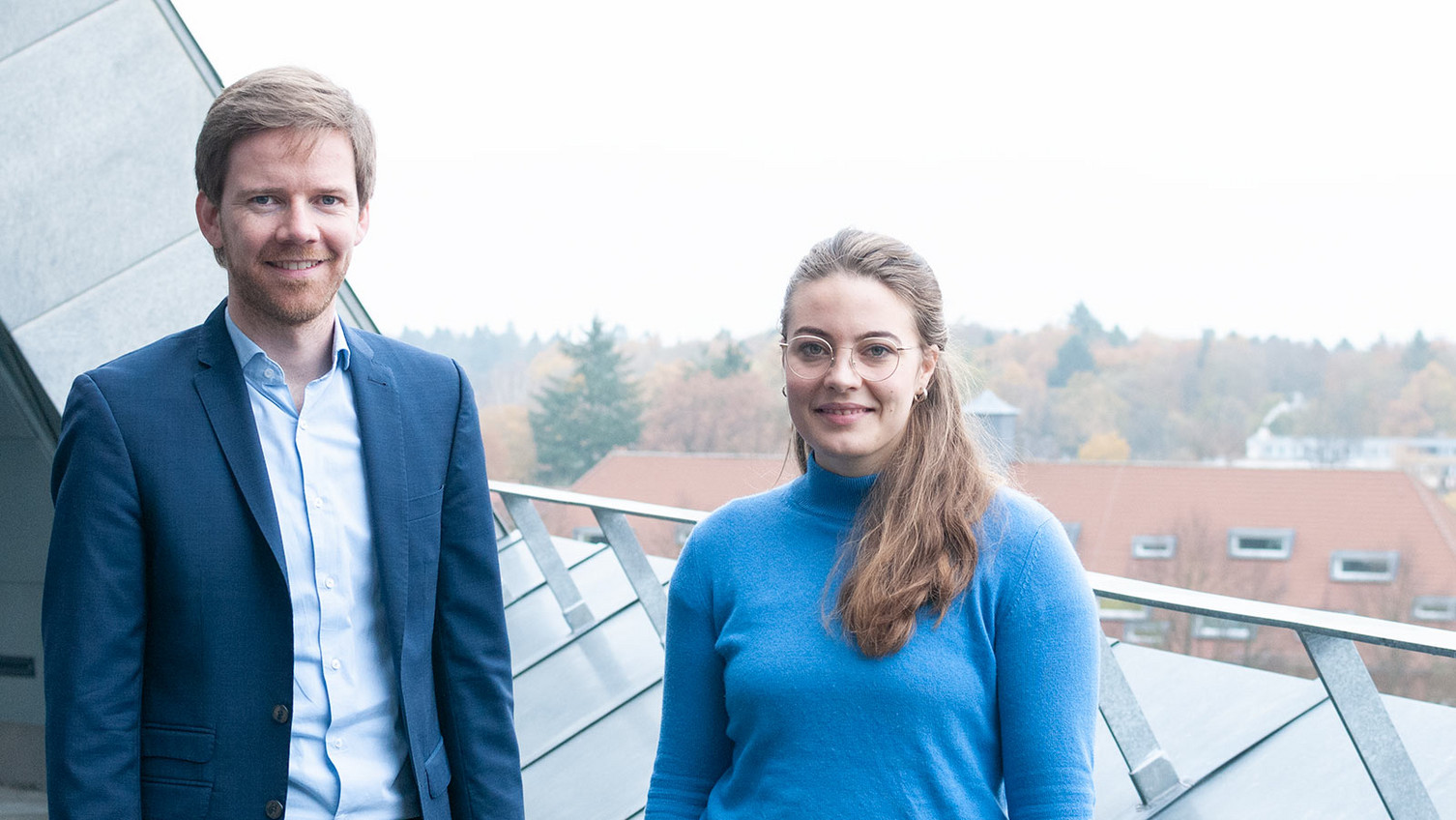Teaching-Research Project Sustainable Innovation Thinkathon: Sustainable Think Tank
2021-11-15 How do I set up a green company that sees new solutions for sustainable consumption and production as well as climate protection measures as its core concern? How does a student initiative become successful? These are questions addressed by the seminar "Sustainable Innovation Thinkathon" in the Master's complementary studies programme. The course is accompanied by an intervention study and will be offered again in the coming winter semester. Students with viable ideas can later apply for a place in the Holistic Impact Incubator.
Anyone who wants to set up a business has to ask themselves a variety of questions: Who is my target group? How do I address customers? How do I finance the start-up phase? How do I build up a network? Which business logic fits? Answers are not only sought by purely profit-oriented entrepreneurs, but also by sustainable founders, explains Dr Jacob Hörisch, assistant professor for sustainability economics and management: "Even those who are not only striving for profit need a business model. Otherwise the start-up will fail permanently. The current seminar "Sustainable Innovation Thinkathon" offered in the complementary Master's programme provides students with a methodological kit for developing sustainable start-up ideas. The innovative teaching concept is particularly dedicated to the initial phase of founding a company and focuses thematically on sustainable consumption and climate protection: "In order to test the viability of an idea, we use design thinking, among other methods," explains Maren Fokuhl, research assistant in the project. Design thinking thrives on the exchange between disciplines. "In the complementary studies, students from different major programmes come together and can benefit from their experiences and backgrounds," says Maren Fokuhl. Initial ideas are methodically tested for feasibility and economic viability. The needs of the target group are the focus. "If you want to found a company, you have to think in terms of the customers: someone has a problem, we solve it," explains Jacob Hörisch.
Viable ideas can later be practically implemented with the help of the Startup Port and Leuphana's Yunus Centre. The Holistic Impact Incubator (HOLII) will start in March 2022. The programme supports start-ups interested in addressing social challenges with innovative solutions, from the idea to the foundation.
However, the seminar is not only aimed at future young entrepreneurs, but also at students who want to set up an initiative. "Similar principles apply here as in the founding of a start-up. In the seminar, we want to implement the challenge of sustainable development in an entrepreneurial way," explains Jacob Hörisch. Leuphana University Lüneburg is one of the German universities with a very high density of student initiatives. Those who want to get involved can already choose from around 80 socially active associations.
The seminar will be scientifically accompanied and evaluated within the framework of an intervention study. "We are interested in how students think about sustainable founding before the seminar and how our teaching concept affects their attitude towards sustainability and their motivation to found," explains Jacob Hörisch.
The teaching research project is funded with 50,000 euros by the Lower Saxony Ministry of Science and Culture. The seminar "Sustainable Innovation Thinkathon" will be offered again in the coming winter semester.

